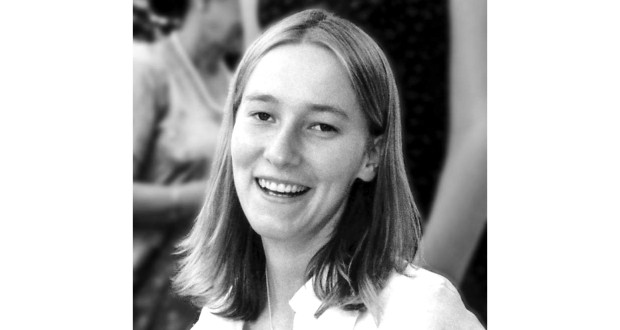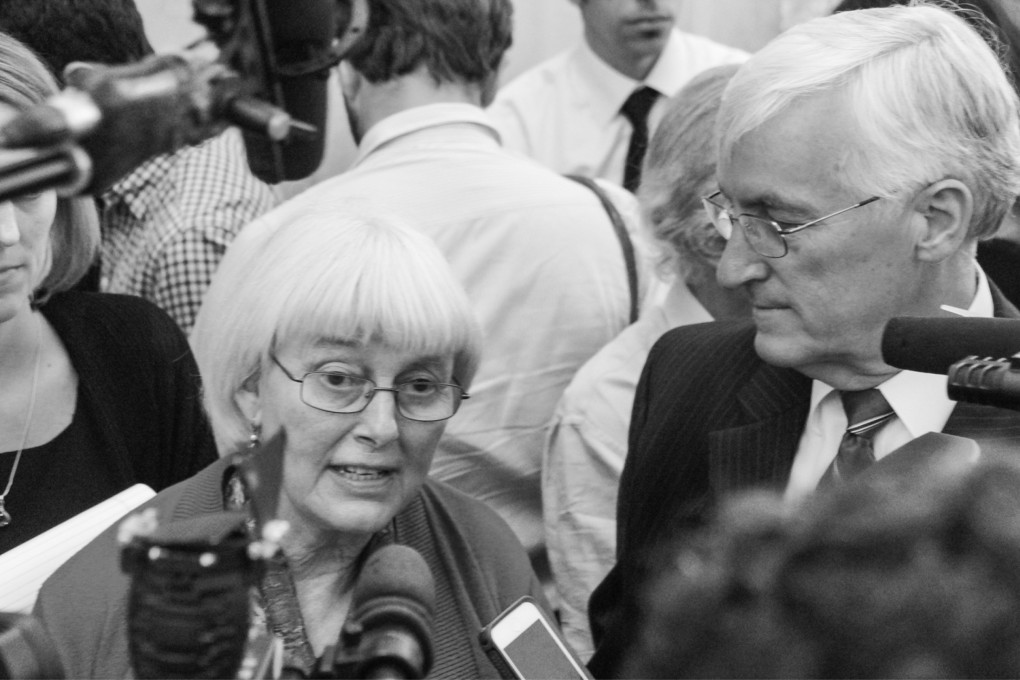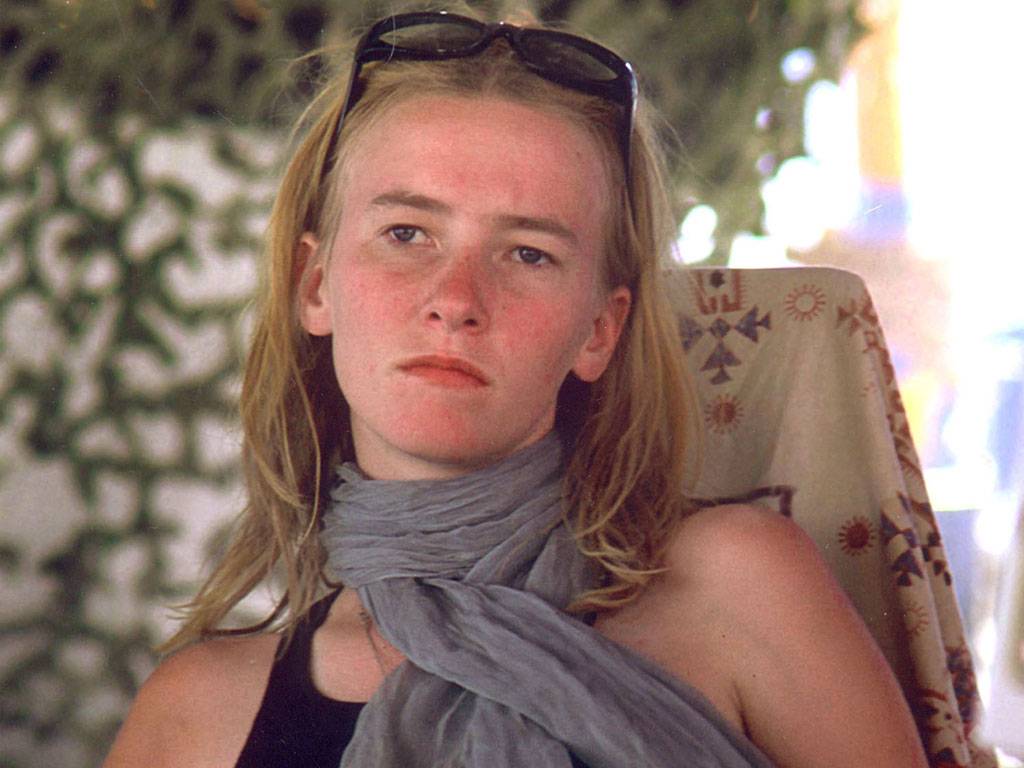Tag: Rachel Corrie trial
-
The 13th anniversary of Rachel Corrie’s death
15th March 2016 | International Solidarity Movement, al-Khalil team | Gaza, occupied Palestine Today marks the thirteenth anniversary since the passing of fellow ISM activist Rachel Corrie (April 10, 1979 – March 16, 2003). Rachel was tragically crushed to death under the front blade of an Israeli military, American funded, Caterpillar D9R bulldozer near Rafah, in the…
-
The case of Rachel Corrie
1st June 2014 | Jack Pine Tribune | Occupied Palestine Over a decade after Rachel Corrie was crushed under the blades of an Israeli bulldozer in Rafah, her parents Craig and Cindy Corrie found themselves in the halls of the Supreme Court of Israel. The Corries were appealing a verdict handed down in 2013 by Judge Oded…
-
Israeli Supreme Court to hear Rachel Corrie appeal
13th May 2014 | Rachel Corrie Foundation for Peace & Justice | Occupied Palestine Nine years after filing a civil suit against the State of Israel for the wrongful death of American peace activist Rachel Corrie, her family will have their appeal heard before the Israeli Supreme Court on May 21 at 11:30 a.m. in Jerusalem. The appeal, which will…



